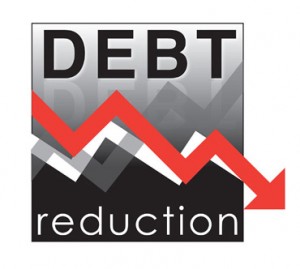 Many people want to know if it is better prioritizing debt reduction or adding to my saving for retirement? They also should add to this question of whether they have emergency savings available to deal with big financial surprises. As with most questions of this type there are several different answers depending on the situation that each consumer finds themselves in. Factors such as loan interest rates, existence of emergency savings, whether you own or rent, how long it will be before you retire and how much you have saved for retirement. We will look at each of these issues. Bottom line is that each consumer must make their own decision based on their personal situation.
Many people want to know if it is better prioritizing debt reduction or adding to my saving for retirement? They also should add to this question of whether they have emergency savings available to deal with big financial surprises. As with most questions of this type there are several different answers depending on the situation that each consumer finds themselves in. Factors such as loan interest rates, existence of emergency savings, whether you own or rent, how long it will be before you retire and how much you have saved for retirement. We will look at each of these issues. Bottom line is that each consumer must make their own decision based on their personal situation.
Prioritizing Debt Reduction or Adding to My Saving for Retirement
A little more detail about each of these major areas.
- Debt Interest Rates
- Emergency savings
- Years to retire
- Retirement savings
Debt Interest Rates – Basically if you have a thousand dollars and you can earn 5% income by investing the money compared to your loan at 3%, then you probably should save the thousand and invest it. If the 5% income will be taxed, then it might be equivalent since taxes will take some of your income. For loans and debts carrying interest rates higher than 6% e.g. credit cards at 21%, pay off the credit cards first.
Emergency savings – Everyone always needs to have money set aside for emergencies. Whether it is major repairs to your home, your car or a health issue, make sure you have 6 months of savings set aside to deal with emergencies. It could take 6 months to find another job if you lost yours.
Years to retire – If you are planning to retire shortly, pay off all of your debt as quickly as possible so that you are debt free when you retire. You may work longer, however saving will be much more efficient when there is no debt.
Retirement savings – Saving for retirement is incredibly important. So is paying off debt. Finding the right balance depends on how close you are to retirement, how much debt you have, the interest you are paying on this debt and what you can earn in your retirement savings plan.
Generally experts advise paying off debt as quickly as possible since in most cases the interest rate is higher than any investment income you can earn after taxes are paid.
Comments are welcome. For more information on this subject, click here.